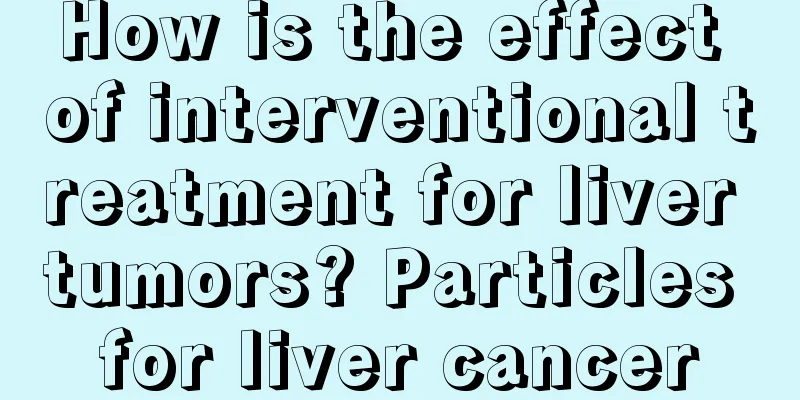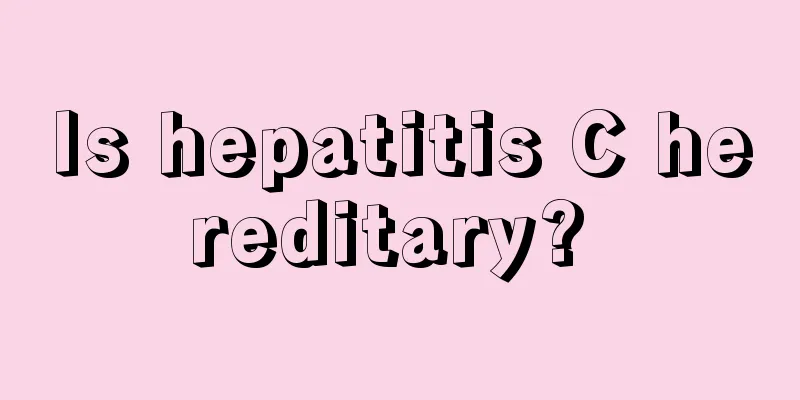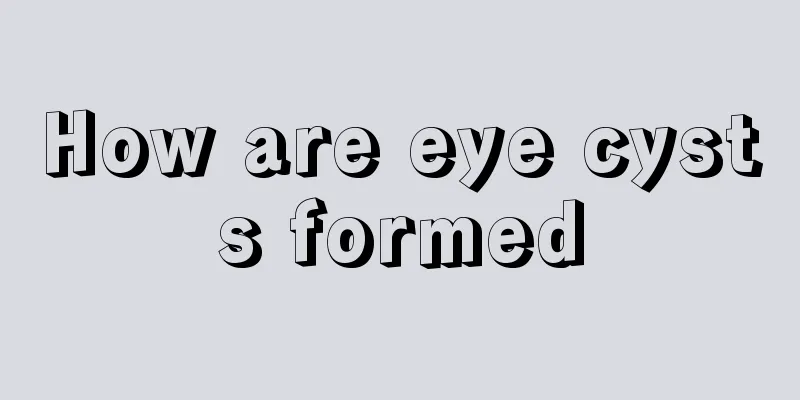How is the effect of interventional treatment for liver tumors? Particles for liver cancer

|
Interventional treatment of liver tumors, especially particle implantation for liver cancer, is an effective local treatment method for patients who cannot undergo surgical resection. Particle implantation therapy kills tumor cells by implanting radioactive particles directly into the tumor, while causing less damage to surrounding normal tissues. This method is usually suitable for patients with tumors less than 5 cm in diameter and less than 3 in number, and can significantly prolong survival and improve quality of life. 1. The principle of particle implantation therapy is to continuously release low-dose radiation inside the tumor through radioactive particles such as iodine-125, destroying the DNA of tumor cells and inhibiting their growth and spread. This treatment method has the characteristics of precise positioning, less trauma, and fast recovery. It is especially suitable for patients with poor liver function or who cannot tolerate surgery. After treatment, patients need to have regular follow-up examinations to monitor tumor changes and liver function indicators to ensure the effectiveness and safety of treatment. 2. Indications for particle implantation therapy include primary liver cancer, metastatic liver cancer, and some patients with hepatic hemangiomas. For patients with larger or more numerous tumors, other treatments may need to be combined, such as transarterial chemoembolization (TACE) or targeted drug therapy, to improve the overall efficacy. Before treatment, the doctor will use imaging examinations such as CT or MRI to assess the location, size, and number of the tumor and develop a personalized treatment plan. 3. The advantage of particle implantation therapy is that it has a high local control rate, can effectively reduce the size of the tumor, alleviate symptoms, and prolong the patient's survival. At the same time, this treatment method has little impact on the patient's systemic system, and the postoperative recovery time is short. Usually, only 1-2 days of hospitalization are required before discharge. After treatment, the patient may experience mild discomfort, such as local pain or low fever, but these symptoms usually resolve on their own within a few days. 4. The limitation of particle implantation therapy is that it has a narrow scope of application. For patients with large or excessive tumors, the treatment effect may not be ideal. After radioactive particle implantation, patients need to avoid close contact with pregnant women or children to reduce the impact of radiation on the surrounding people. Follow-up after treatment is very important. The doctor will adjust the subsequent treatment plan according to the patient's recovery and tumor changes. Particle implantation for interventional treatment of liver tumors is a safe and effective local treatment method, especially for patients who cannot undergo surgical resection. Through precise positioning and low-dose radiation, it can effectively control tumor growth and improve the quality of life of patients. Regular follow-up and personalized adjustment of the plan after treatment are the key to ensure long-term efficacy. |
<<: Will I get ovarian cancer if I have amenorrhea
>>: How long can a 70-year-old man with esophageal cancer live without treatment
Recommend
What should I do if I have nasal congestion, dizziness and fatigue?
I believe everyone has experienced a cold, but of...
What to do if the toe of the shoe is kicked
Nowadays, most shoes are designed with pointed to...
Is latex pillow good
As people's life pressure increases, they pay...
What's wrong with the sore on the leg
Some people develop heat and toxic sores on their...
What are the most effective ways to remove acne and acne marks?
The weather is hot in the summer, and the face is...
Which hospital is best for testicular cancer
Nowadays, there are more and more diseases in men...
How to treat kidney cancer
Kidney cancer patients all know that they need to...
Can you still grow taller if you have armpit hair?
When our body is in the process of growth and dev...
What are the pros and cons of soaking your feet in cold water?
Many people have the habit of soaking their feet....
How to preserve the soaked bird's nest
The nourishing effect of bird's nest is very ...
Is esophageal cancer hereditary?
Everyone has heard of tumor diseases. Tumor disea...
What medicine is good for thyroid cancer?
What medicine is good for thyroid cancer? Drug tr...
Who is prone to hamartoma
Strictly speaking, hamartoma is actually a benign...
What are the common symptoms of prostate cancer in men?
Prostate cancer is a common male disease that has...
Which method is better for curing hamartoma
No patient wants to suffer from hamartoma. It is ...









